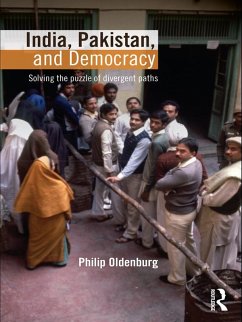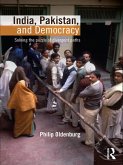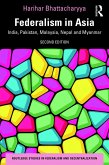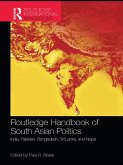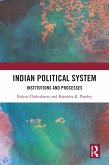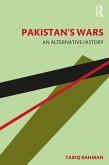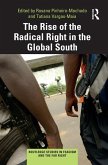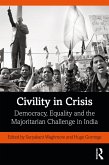Dieser Download kann aus rechtlichen Gründen nur mit Rechnungsadresse in A, B, BG, CY, CZ, D, DK, EW, E, FIN, F, GR, HR, H, IRL, I, LT, L, LR, M, NL, PL, P, R, S, SLO, SK ausgeliefert werden.
Philip Oldenburg has not only chosen an excellent topic, he is also very well informed and gets his facts right. To present such an ambitious comparison in this format is a tour de force.' -- Christophe Jaffrelot, Senior Research Fellow CNRS, France
'This fine book, full of insight and wisdom, reflects Philip Oldenburg's long scholarly engagement with the study of South Asian politics, and offers a magisterial synthesis of a wide literature in developing what will surely stand as the definitive comparative analysis of the political systems of India and Pakistan.' -- John Harriss, School for International Studies, Simon Fraser University, Canada
'This is the first major attempt to solve the puzzle of democratic divergence by looking at two countries with near-identical cultural, political, and social origins. Dr. Oldenburg's book is uniquely informed by deep familiarity with both India and Pakistan, and by a solid grasp of the relevant scholarly literature. It is a landmark in both regional studies and comparative political analysis, and will inform all future work on the democratization process.' -- Stephen P. Cohen, Brookings Institution, USA
"It's impossible for this review to do full justice to this richly-detailed, cool-headed, well-grounded must read for anyone interested in South Asia--or in the study of democracy." -- Patricia Lee Sharpe, Whirled View
"The book is carefully researched, well documented, and clearly argued...Policy analysts, journalists, and students interested in the contemporary politics of India and Pakistan will benefit considerably from a careful perusal of this book." -- Sumit Ganguly, H-Asia
"This book offers a nuanced assessment which shows that while India and Pakistan have not converged on an authoritarian model, they have much in common... Thoughtful questions are asked, difficult issues considered and a large amount of material is synthesised. Scholars, students and teachers alike will find this book very useful." - Andrew Wyatt, University of Bristol, UK; Pacific Affairs: Volume 85, No. 2 - June 2012

